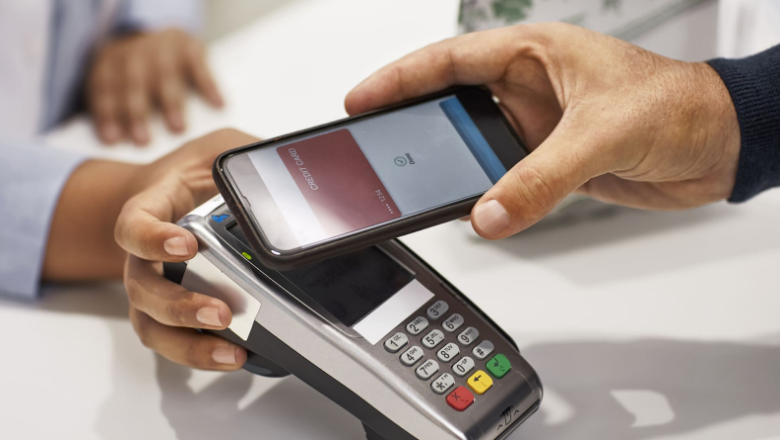Is Cash Dead?

Saad Jadoon
Not too long ago, physical cash was king. Banknotes and coins defined the very concept of money. Today, however, tapping a card or transferring money digitally is the norm. In an era of Apple Pay, CBDCs, and cryptocurrencies, it’s fair to ask: is cash dying-or already dead?
Cash use has been in significant decline in the UK for the past decade, with cash now accounting for fewer than 1 in 5 payments. The COVID-19 pandemic was a major accelerant. Contactless payments soared, partly from hygiene concerns, but mostly due to their convenience. According to the Bank of England, the proportion of payments made in cash fell from 60% in 2008 to just 12% in 2023, with further drops forecast. In countries like Sweden, the decline is even starker, with the deputy governor of the central bank stating in 2018, “if you extrapolate current trends, the last note will have been handed back to the Riksbank by 2030,”- meaning the end of paper currency in the country altogether. Meanwhile, digital platforms- from Revolut to PayPal- have normalised the idea that money exists mostly as numbers on a screen.
One of the strongest arguments for keeping physical cash is financial inclusion. Millions of people globally, including in developed countries, remain unbanked. For these groups, cash is not optional but essential. Cash allows anonymous, accessible transactions without needing a smartphone, PIN, or bank account. Therefore, the potential phasing out of cash risks widening inequality as certain groups are impacted harder than others.
A second issue could be that of surveillance; every digital transaction leaves a data trail- this is useful for fraud prevention, but also open to exploitation. A cashless society would undoubtedly make it easier for governments or corporations to track, control, and even restrict spending. This could significantly impact individual freedoms and autonomy, especially in countries with autocratic governments. An example of this occurred during the 2022 Canadian trucker protests, where the government froze protesters’ bank accounts, highlighting the control that governments can exert over the public in an age of digital finance.
On the other hand, proponents of a fully digital monetary system argue that cash is inefficient, not secure, and expensive to manage. Cash facilitates the shadow economy, ranging from tax evasion to illicit trade. Therefore, going cashless has the potential to increase transparency, increase tax revenue, and even reduce crime.
CBDC’s
Another aspect of the changing monetary system is Central Bank Digital Currencies (CBDCs). Unlike decentralised cryptocurrencies like Bitcoin, a CBDC is a digital form of money issued and backed by a country’s central bank. The UK is currently exploring this through the Bank of England’s ‘digital pound’ project. Countries such as China and Sweden have already launched pilot versions of their CBDCs with the e-yuan and e-krona, respectively. CBDCs could enhance the transmission of monetary policy by enabling more direct transfers of central bank funds to the public or financial institutions. Additionally, they could provide a safer and more resilient payment system, mitigating risks associated with private digital currencies whilst remaining competitive against them. Put simply, CBDCs could combine the benefits of physical cash (state-issued, stable, widely accepted) with the convenience and speed of digital payments.
However, CBDCs raise deeper philosophical questions. What is money, really, if it exists purely as digital code- issued, monitored, and controlled by the state? If money exists only in a centralised database, vulnerable to cyberattacks or algorithmic errors, would it become more secure- or more fragile? Would money still be a neutral medium of exchange, or does it become a tool of governance- shaped by whoever controls it? These questions, at the crossroads of economics and philosophy, lie at the heart of the cashless debate.
So … is cash dead?
Not yet. Cash is still crucial for older people, rural areas, and those without access to banking. In fact, a November 2024 NatWest survey found that 74% of people who prefer digital payments still carry cash in case of emergencies. However, the direction is clear; we are heading towards a future where cash is likely to only remain as a symbolic anchor of money as the masses increasingly move towards alternate forms of payment.
The future of money may not be one universal system but a pluralist one: a digital ecosystem where cash plays a much smaller role. In this evolution, we may discover something deeper: that money is not just a medium of exchange, but a reflection of the values that we as a society prioritise- convenience versus privacy, control versus freedom, access versus efficiency. Whether cash survives, and the future of money as a whole, will depend on which of these values we’re most willing to fight for.

Comments ()